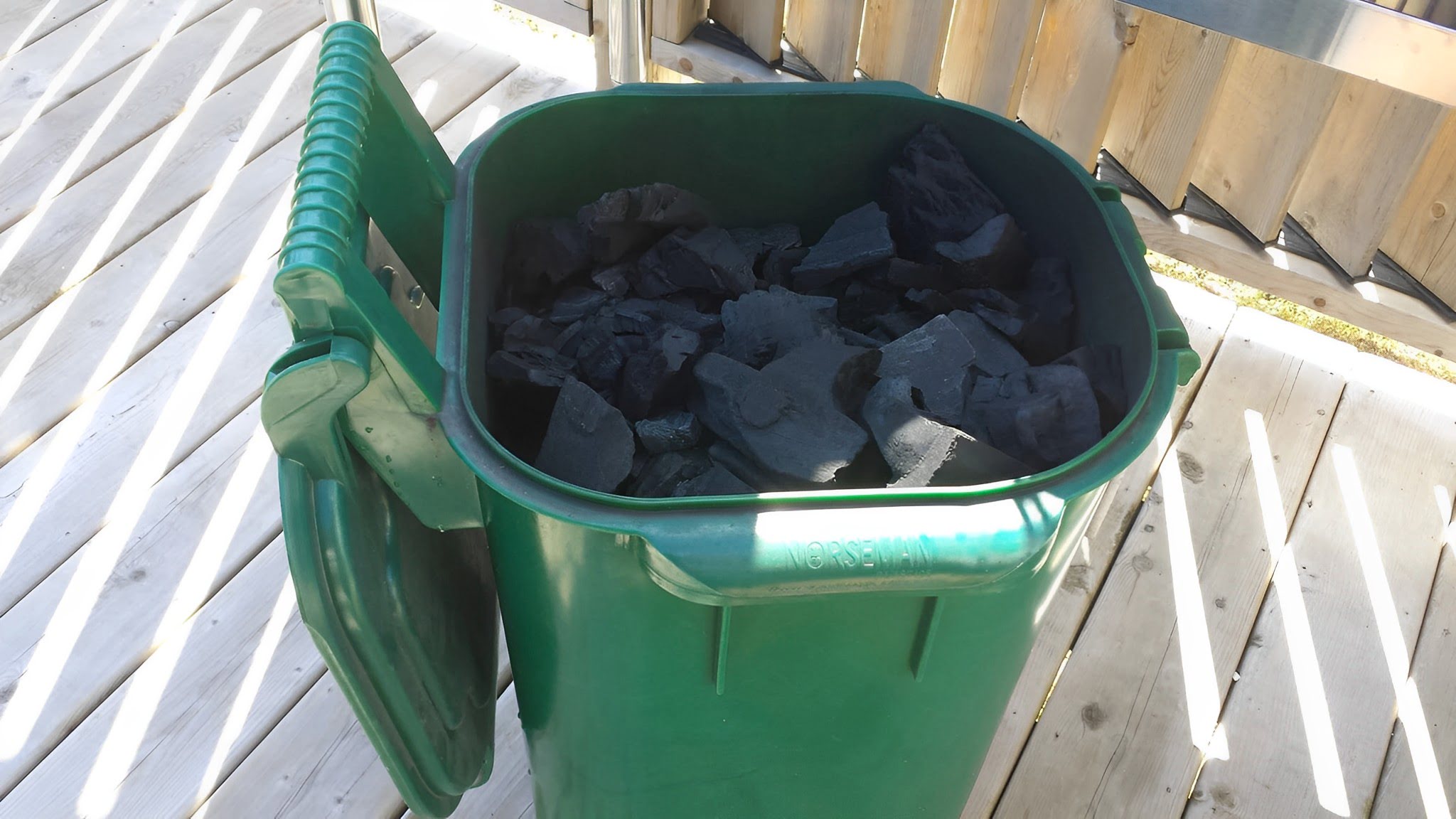

Articles
How To Store Charcoal
Modified: October 28, 2024
Learn effective techniques for storing charcoal in this informative article. Discover the best practices to keep your charcoal fresh and ready for your next BBQ.
(Many of the links in this article redirect to a specific reviewed product. Your purchase of these products through affiliate links helps to generate commission for Storables.com, at no extra cost. Learn more)
Introduction
Charcoal is a versatile fuel that is commonly used for grilling, barbecuing, and even as a natural air purifier. It’s essential to store charcoal properly to ensure its longevity and keep it ready for use whenever you need it. Whether you have a small bag of charcoal briquettes for occasional use or large quantities for commercial purposes, knowing how to store charcoal is crucial for maintaining its quality and effectiveness.
In this article, we will explore the factors to consider when storing charcoal, the importance of selecting the right storage container, and various techniques to keep your charcoal safe and dry. We will also discuss best practices for storing charcoal in bulk quantities and important safety precautions to follow.
Properly stored charcoal not only has a longer shelf life but also performs better during usage. Moisture and exposure to sunlight can degrade the quality of charcoal and affect its ability to generate heat and burn efficiently. By following the guidelines outlined in this article, you can ensure that your charcoal remains in optimal condition, ready to provide that perfect grilling experience.
Key Takeaways:
- Properly storing charcoal is crucial to maintain its quality and effectiveness. Factors such as moisture, sunlight, pests, and rodents must be considered to ensure optimal storage conditions.
- Safety precautions are essential when storing charcoal to prevent accidents and hazards. From choosing the right storage container to following local regulations, prioritizing safety is key.
Read more: How To Store Charcoal Drawings
Factors to Consider When Storing Charcoal
When it comes to storing charcoal, there are several important factors to consider to ensure its longevity and effectiveness. By taking these factors into account, you can maintain the quality of your charcoal and ensure that it is ready for use whenever you need it. Here are some key factors to consider:
- Moisture: Charcoal is highly absorbent, and moisture can cause it to become damp and difficult to ignite. It’s crucial to store charcoal in a dry environment to prevent moisture buildup.
- Direct sunlight: Prolonged exposure to direct sunlight can cause charcoal to deteriorate. It is best to store charcoal in a cool, shaded area away from direct sunlight.
- Pests and rodents: Charcoal can attract pests and rodents, who may chew through bags or containers to reach it. Taking measures to protect your charcoal from pests is essential to prevent contamination and damage.
In addition to these factors, it’s important to consider the quantity of charcoal you plan to store. If you only use charcoal occasionally, a small container or resealable bags may be sufficient. However, if you require large amounts of charcoal for commercial purposes, you will need to invest in larger storage containers or bins.
By carefully considering these factors, you can choose the appropriate storage method and ensure that your charcoal remains in optimal condition for an extended period of time.
Selecting the Right Storage Container
Choosing the right storage container is crucial for maintaining the quality and longevity of your charcoal. The container you select should provide protection against moisture, sunlight, pests, and rodents. Here are a few options to consider when selecting a storage container for your charcoal:
- Airtight bins: Airtight bins are an excellent choice for storing charcoal, as they provide maximum protection against moisture and pests. Look for bins with a secure lid that seals tightly to ensure no air or moisture can enter.
- Plastic bags with zip closures: If you have smaller quantities of charcoal, plastic bags with zip closures can be a convenient option. Make sure the bags are thick and durable to prevent tears and keep out moisture.
- Metal containers: Metal containers are another option for storing charcoal, especially if you are concerned about pests and rodents. Opt for containers made of stainless steel or galvanized metal to prevent rusting.
When selecting a storage container, it’s important to consider the size and quantity of charcoal you need to store. Ensure that the container is large enough to accommodate your charcoal comfortably and has enough room for air circulation. Avoid overcrowding the container, as this can lead to moisture retention and affect the quality of the charcoal.
Additionally, label your storage container with the date of purchase or the expiration date of the charcoal. This simple step will help you keep track of the freshness of your charcoal and ensure that you use it in a timely manner.
Remember, the primary goal of selecting the right storage container is to protect your charcoal from moisture, sunlight, pests, and rodents. By choosing the appropriate container, you can significantly extend the shelf life of your charcoal and ensure that it remains in optimal condition for future use.
Preparing Charcoal for Storage
Before storing charcoal, it’s important to prepare it properly to ensure its longevity and quality. Proper preparation can help prevent moisture buildup, reduce the risk of clumping, and maintain the freshness of the charcoal. Follow these steps to prepare your charcoal for storage:
- Remove the packaging: If your charcoal is packaged in plastic or paper bags, remove the packaging before storing. Packaging materials can contribute to moisture buildup and affect the quality of the charcoal over time.
- Inspect for clumps or dampness: Check the charcoal for any clumps or signs of dampness. Break up any clumps to ensure uniform airflow within the storage container. If you notice damp charcoal, let it dry completely before storing to prevent mold or mildew growth.
- Consider using a charcoal dehumidifier: To further protect your charcoal from moisture, you can consider using a charcoal dehumidifier or a moisture absorber like silica gel packets. These can help absorb excess moisture and maintain the dryness of the charcoal.
- Separate different types of charcoal: If you have different types of charcoal, such as briquettes and lump charcoal, it is advisable to store them separately. This will help maintain their individual characteristics and prevent any cross-contamination.
By taking the time to prepare your charcoal for storage, you can ensure that it remains in excellent condition and is ready for use when you need it. This extra step can go a long way in preserving the quality and effectiveness of your charcoal for a longer period of time.
Storing Charcoal in Dry Conditions
One of the most important factors to consider when storing charcoal is to ensure that it is kept in dry conditions. Moisture can greatly deteriorate the quality of charcoal, making it difficult to light and reducing its heating ability. Here are some tips for storing charcoal in dry conditions:
- Choose a dry storage location: Select a storage area that is dry and well-ventilated. Avoid areas prone to moisture, such as basements or areas near water sources. A garage or a shed can be suitable options as long as they are free from leaks and excessive humidity.
- Use moisture-absorbing materials: To enhance the dryness of the storage environment, you can place moisture-absorbing materials like silica gel packets or charcoal dehumidifiers in the storage container. These materials will help absorb any excess moisture and keep the charcoal dry.
- Seal the storage container: Ensure that the storage container you use is airtight and provides a strong seal. This will prevent any air or moisture from entering the container and reaching the charcoal. It’s also important to seal the container properly after each use to maintain the dryness of the charcoal.
- Regularly check for moisture: Even when stored in dry conditions, it’s a good practice to periodically check the charcoal for any signs of moisture. If you notice any clumping or dampness, remove the affected pieces and let them dry before returning them to the storage container.
By storing charcoal in dry conditions, you can maintain its quality and ensure that it remains effective for grilling or other purposes. The dry environment will prevent moisture absorption, clumping, and mold growth, ultimately extending the shelf life of your charcoal.
Read more: How To Light Charcoal With A Chimney
Preventing Moisture Buildup in Storage Containers
Moisture buildup can be a common problem when storing charcoal, especially in areas with high humidity. Excessive moisture can cause the charcoal to become damp, making it difficult to ignite and reducing its effectiveness. To prevent moisture buildup in your storage containers, consider the following tips:
- Choose moisture-resistant containers: Opt for storage containers that are specifically designed to be moisture-resistant. Look for containers made of materials such as plastic, metal, or glass that are less likely to allow moisture to penetrate.
- Use moisture-absorbing materials: Place moisture-absorbing materials inside the storage containers to help combat moisture buildup. Silica gel packets, moisture-absorbing crystals, or even a small bowl of uncooked rice can help absorb excess moisture and keep the charcoal dry.
- Avoid storing wet or damp charcoal: Before storing charcoal, make sure it is completely dry. Wet or damp charcoal can introduce moisture into the storage container and promote mold or mildew growth. Allow wet charcoal to dry completely before placing it in the storage container.
- Keep containers tightly sealed: Ensure that your storage containers have airtight seals to prevent any air or moisture from entering. This will help maintain a dry environment for the charcoal. Check the seals regularly and replace them if they become worn or damaged.
- Don’t store charcoal near water sources: Keep your charcoal storage containers away from areas with water sources, such as sinks or outdoor sprinklers. Water can easily seep into containers and cause moisture buildup.
By following these measures to prevent moisture buildup in your storage containers, you can preserve the quality and effectiveness of your charcoal. A dry storage environment will ensure that your charcoal remains ready for use whenever you need it, without any moisture-related issues.
Store charcoal in a cool, dry place away from moisture and direct sunlight. Keep it in airtight containers or sealed bags to prevent it from absorbing moisture and becoming less effective for grilling.
Keeping Charcoal Away From Direct Sunlight
Direct sunlight can have a negative impact on the quality and effectiveness of charcoal. Prolonged exposure to sunlight can cause the charcoal to deteriorate, affecting its ability to ignite and generate consistent heat. To protect your charcoal from the damaging effects of sunlight, consider the following tips:
- Select a shaded storage area: Choose a storage location that is shaded and away from direct sunlight. This could be a cool and dark corner of your garage, a storage shed, or a covered patio area. Avoid storing your charcoal where it is exposed to direct sunlight for prolonged periods.
- Use opaque storage containers: Opt for storage containers that are opaque and block out sunlight. This can include plastic bins with opaque lids, metal containers, or even dark-colored canvas bags. The goal is to prevent sunlight from reaching the charcoal inside the containers.
- Cover the charcoal: If you are using open storage containers or bags, cover them with a light-proof material such as a thick cloth or tarp. This added layer of protection will shield the charcoal from direct sunlight and help maintain its quality.
- Avoid leaving charcoal exposed: When using your charcoal for grilling or barbecuing, avoid leaving it exposed to direct sunlight for long periods of time. Use a grill cover or keep the charcoal in a shaded area until you are ready to use it.
By keeping your charcoal away from direct sunlight, you can preserve its quality and prolong its shelf life. Proper storage in shaded areas or opaque containers will ensure that your charcoal remains dry, intact, and ready to provide an optimal grilling experience.
Protecting Charcoal from Pests and Rodents
Pests and rodents can be a nuisance when it comes to storing charcoal. They can chew through bags or containers, contaminate the charcoal, and create a mess. To protect your charcoal from these unwanted visitors, consider the following tips:
- Choose sturdy storage containers: Opt for storage containers made of durable materials like plastic or metal that pests and rodents cannot easily chew through. Avoid using flimsy or thin containers that can be easily penetrated.
- Elevate the storage containers: Raise the storage containers off the ground to minimize the risk of pests and rodents accessing them. Place the containers on shelves or use pallets to keep them elevated and away from potential entry points.
- Secure the lids and openings: Ensure that the lids of your storage containers fit securely and have no gaps or openings where pests can enter. Use latches or clips to keep the lids tightly closed and prevent any unwanted intruders.
- Seal any cracks or holes: Inspect the storage area and seal any cracks or holes in the walls, floors, or ceilings. Use caulk, steel wool, or other suitable materials to block potential entry points for pests.
- Keep the storage area clean: Regularly clean the storage area and remove any food debris or spills that might attract pests. A clean environment is less enticing for pests and reduces the likelihood of infestation.
- Consider natural repellents: Use natural pest repellents like sachets of herbs or essential oils that are known to repel pests. These can be placed near the storage containers to deter pests and rodents from approaching.
By taking these protective measures, you can safeguard your charcoal from pests and rodents, ensuring that it remains clean, uncontaminated, and ready for use. Creating a pest-free storage environment will help maintain the quality and integrity of your charcoal for a longer period of time.
Best Practices for Storing Charcoal in Bulk Quantities
Storing charcoal in bulk quantities requires careful planning and adherence to best practices to ensure the quality and longevity of the charcoal. Whether you have a large stock of charcoal for commercial purposes or simply prefer to buy in bulk to save costs, consider the following tips:
- Dedicated storage area: Designate a specific area for storing your bulk charcoal. This can be a separate room, a section of your garage, or a storage shed. Having a dedicated space will help you organize and manage your inventory efficiently.
- Invest in large storage containers: Use large, airtight storage containers to hold the bulk charcoal. Consider investing in heavy-duty plastic bins, metal drums, or specially designed charcoal storage cabinets. These containers should be able to accommodate the quantity of charcoal you have while keeping it protected from moisture, sunlight, and pests.
- Label and rotate stock: Clearly label each storage container with the type and date of the charcoal. This will help you keep track of the freshness of your stock and implement a first-in, first-out (FIFO) rotation system. By using the oldest stock first, you can ensure that the charcoal is used in a timely manner.
- Organize by type and size: If you have different types or sizes of bulk charcoal, organize them separately. Keep lump charcoal separate from briquettes and organize them by size or brand. This will make it easier to locate and access the specific type of charcoal you need.
- Monitor and restock: Regularly assess your charcoal inventory to determine when to restock. Keep track of the usage rate and plan for replenishment accordingly. This will help avoid running out of charcoal when you need it and ensure a constant supply.
- Maintain a clean storage area: Regularly clean and organize the storage area to prevent the accumulation of dust, debris, or spilled charcoal. A clean and well-maintained space will help ensure the quality of the charcoal and make it easier to access and manage your inventory.
Following these best practices for storing charcoal in bulk quantities will help you maintain the quality, organization, and accessibility of your inventory. With a well-managed storage system, you can enjoy the convenience and cost savings of buying charcoal in bulk without compromising its effectiveness or shelf life.
Read more: How To Start A Fire Pit With Charcoal
Safety Precautions While Storing Charcoal
While storing charcoal is relatively safe, it’s important to follow certain safety precautions to prevent accidents or potential hazards. By taking these safety measures, you can minimize the risk of fires, injuries, and damage. Here are some essential safety precautions to keep in mind:
- Store charcoal in a cool, ventilated area: Choose a storage location that is cool, well-ventilated, and away from sources of heat or direct flames. Avoid storing charcoal near flammable materials or in areas prone to high temperatures.
- Keep charcoal away from children and pets: Store charcoal containers out of reach from children and pets to prevent accidental ingestion or contact. Keep containers securely closed and inaccessible to prevent any accidents.
- Use fire-resistant storage containers: Consider using fire-resistant storage containers made of metal or materials specifically designed to resist heat. This will provide an extra layer of protection in case of accidental fire or high temperatures.
- Keep storage area clean and free of flammable materials: Regularly clean the storage area to remove any flammable debris or materials that could increase the risk of fire. Avoid storing other flammable substances or liquids near the charcoal storage area.
- Never store or use charcoal indoors: Charcoal should never be stored or used indoors, including in garages or enclosed spaces. Burning charcoal produces carbon monoxide, which can be dangerous when inhaled in enclosed areas without proper ventilation.
- Dispose of used charcoal safely: After using charcoal, allow it to cool completely before disposing of it. Ensure that the charcoal is completely extinguished and cold before disposing of it in a proper waste container.
- Follow local regulations and guidelines: Familiarize yourself with any local regulations or guidelines regarding the storage and disposal of charcoal. Follow any specific requirements provided by local authorities to ensure compliance and safety.
By following these safety precautions, you can store charcoal responsibly and minimize the risk of accidents or injuries. It’s important to prioritize safety when handling and storing any type of fuel, including charcoal.
Conclusion
Storing charcoal properly is essential for maintaining its quality, effectiveness, and longevity. By considering factors such as moisture, sunlight, pests, and rodents, you can ensure that your charcoal remains in optimal condition for use whenever you need it. Selecting the right storage container, preparing the charcoal for storage, and creating a suitable storage environment are vital steps in preserving its quality.
By storing charcoal in dry conditions, away from direct sunlight, and in containers that offer protection against moisture and pests, you can extend its shelf life. Taking precautions to prevent moisture buildup, such as using moisture-absorbing materials and sealing storage containers tightly, will further help maintain its effectiveness.
Similarly, protecting charcoal from pests and rodents will ensure it remains uncontaminated and ready for use. Taking best practices into account when storing charcoal in bulk quantities, including organization, labeling, and rotation, will help you manage your inventory effectively.
It’s important to remember that safety should always be a priority when storing charcoal. Following safety precautions, such as using fire-resistant containers, keeping the storage area clean, and disposing of used charcoal properly, will minimize the risk of accidents or hazards.
In conclusion, with the right storage techniques and safety measures in place, you can effectively store and preserve the quality of your charcoal. By doing so, you’ll have charcoal ready and available for your grilling or barbecue needs, ensuring a satisfying and enjoyable experience every time.
Frequently Asked Questions about How To Store Charcoal
Was this page helpful?
At Storables.com, we guarantee accurate and reliable information. Our content, validated by Expert Board Contributors, is crafted following stringent Editorial Policies. We're committed to providing you with well-researched, expert-backed insights for all your informational needs.
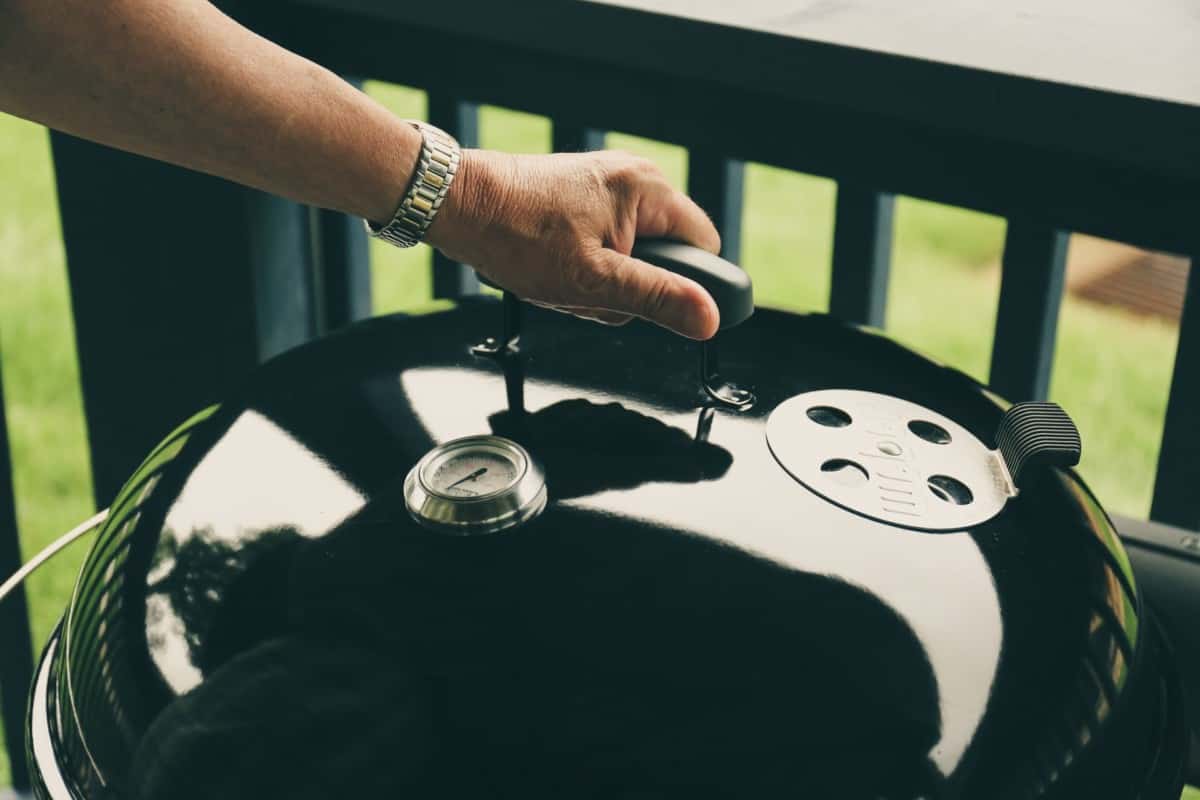
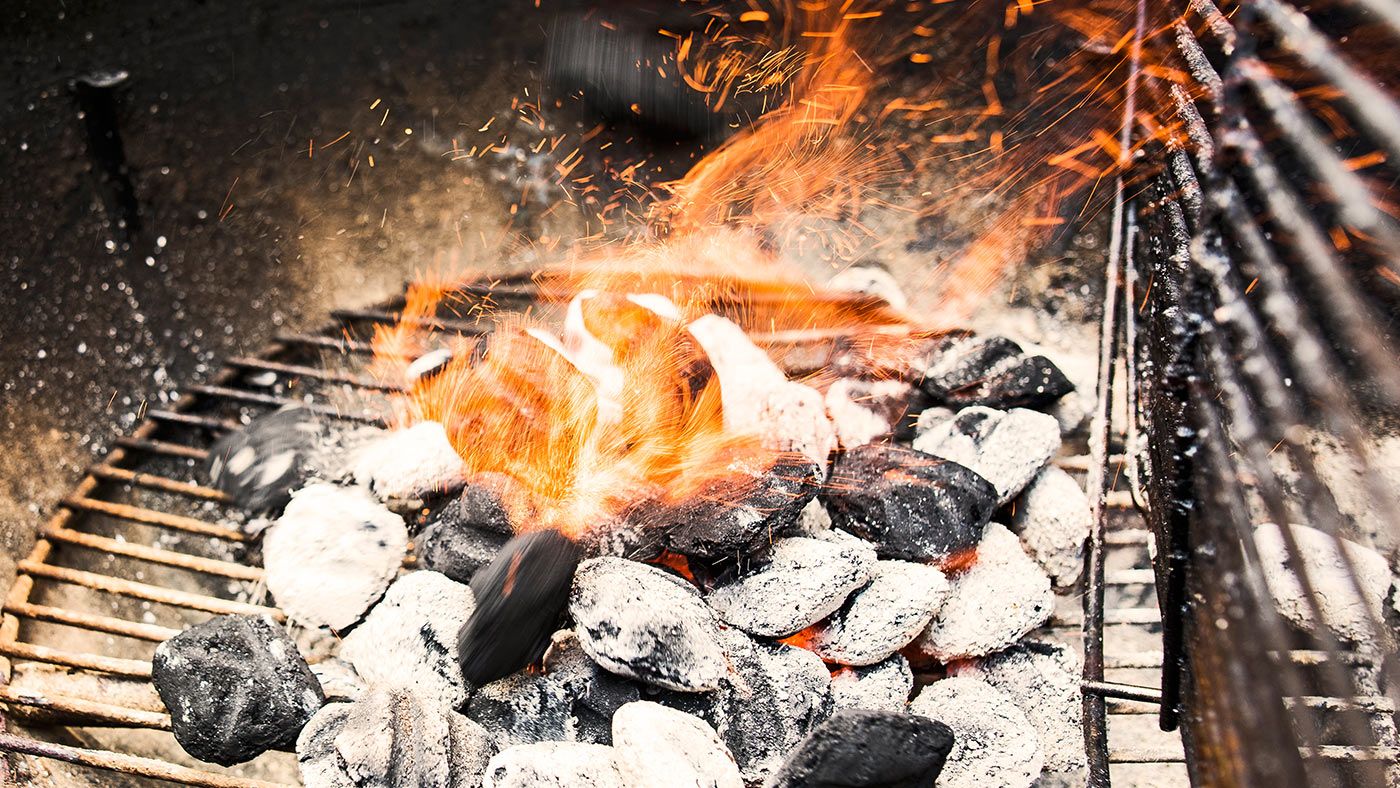
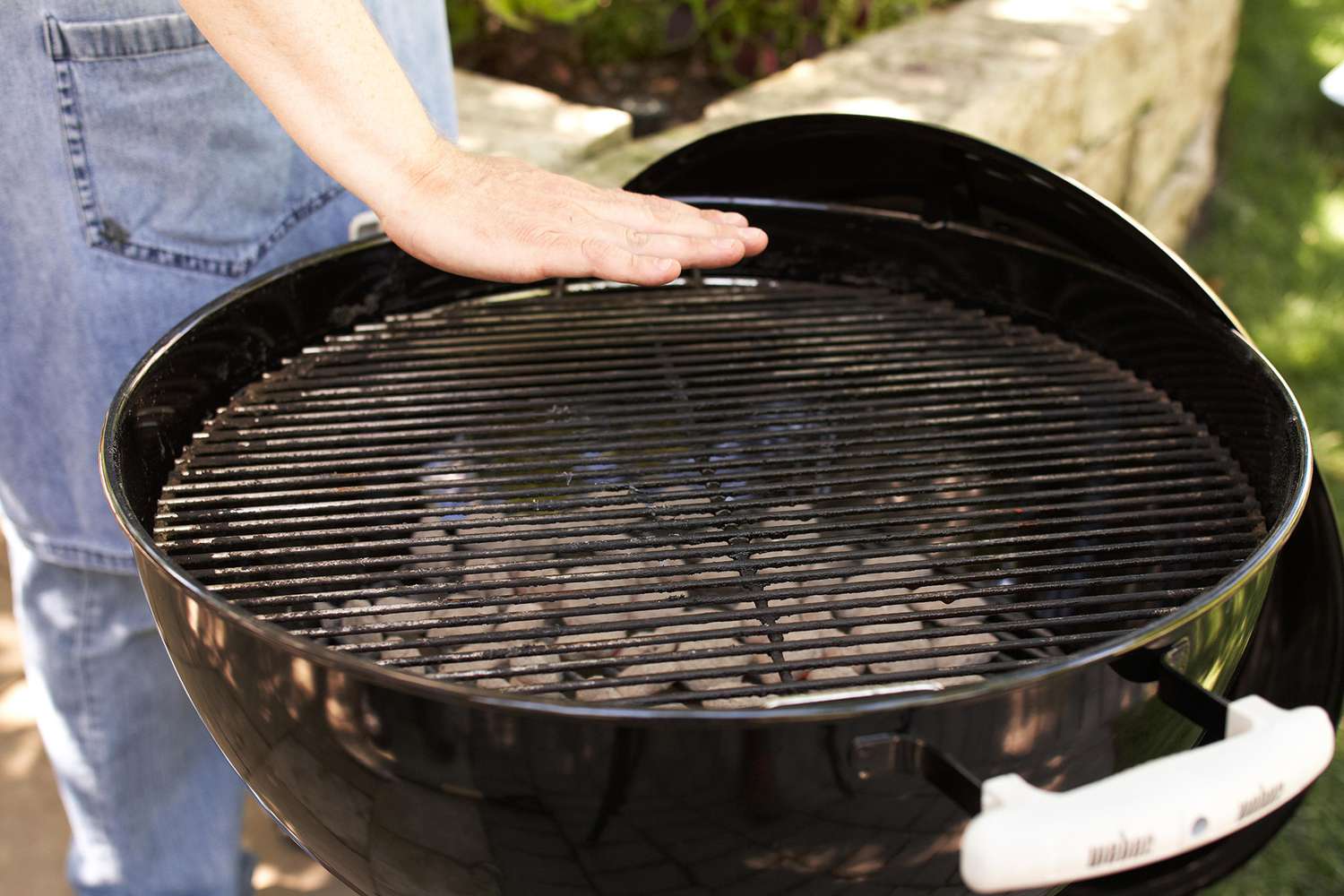
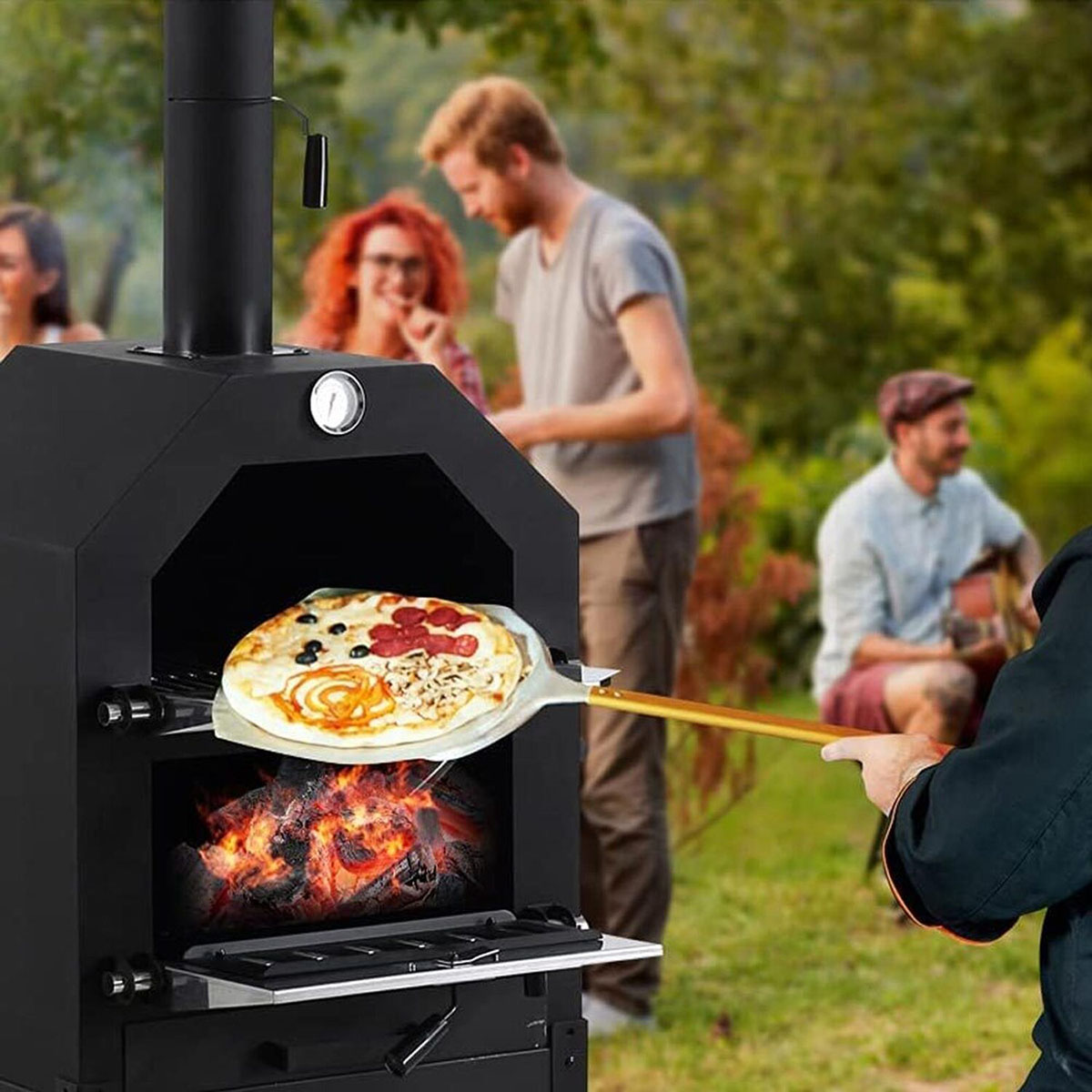
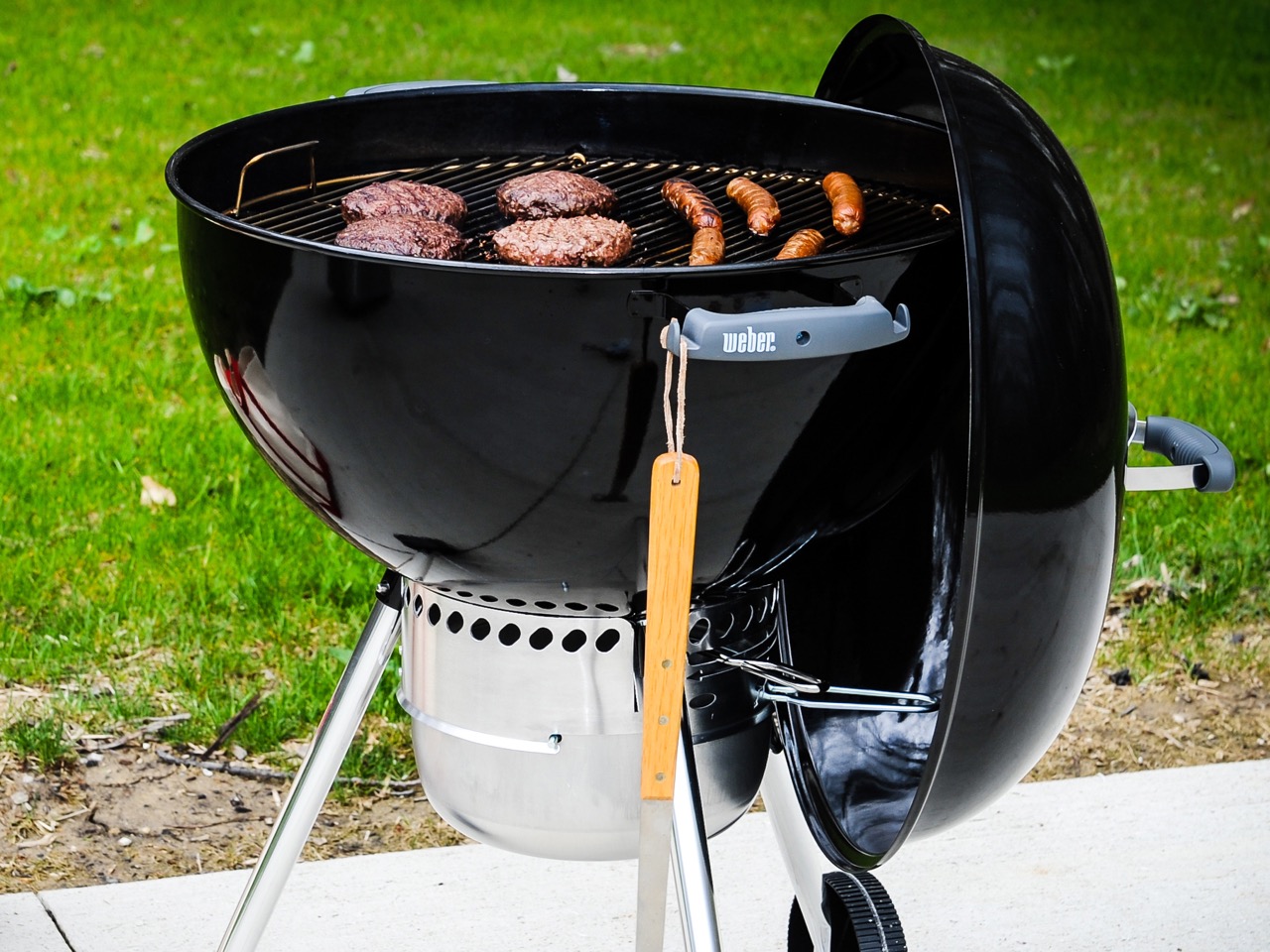
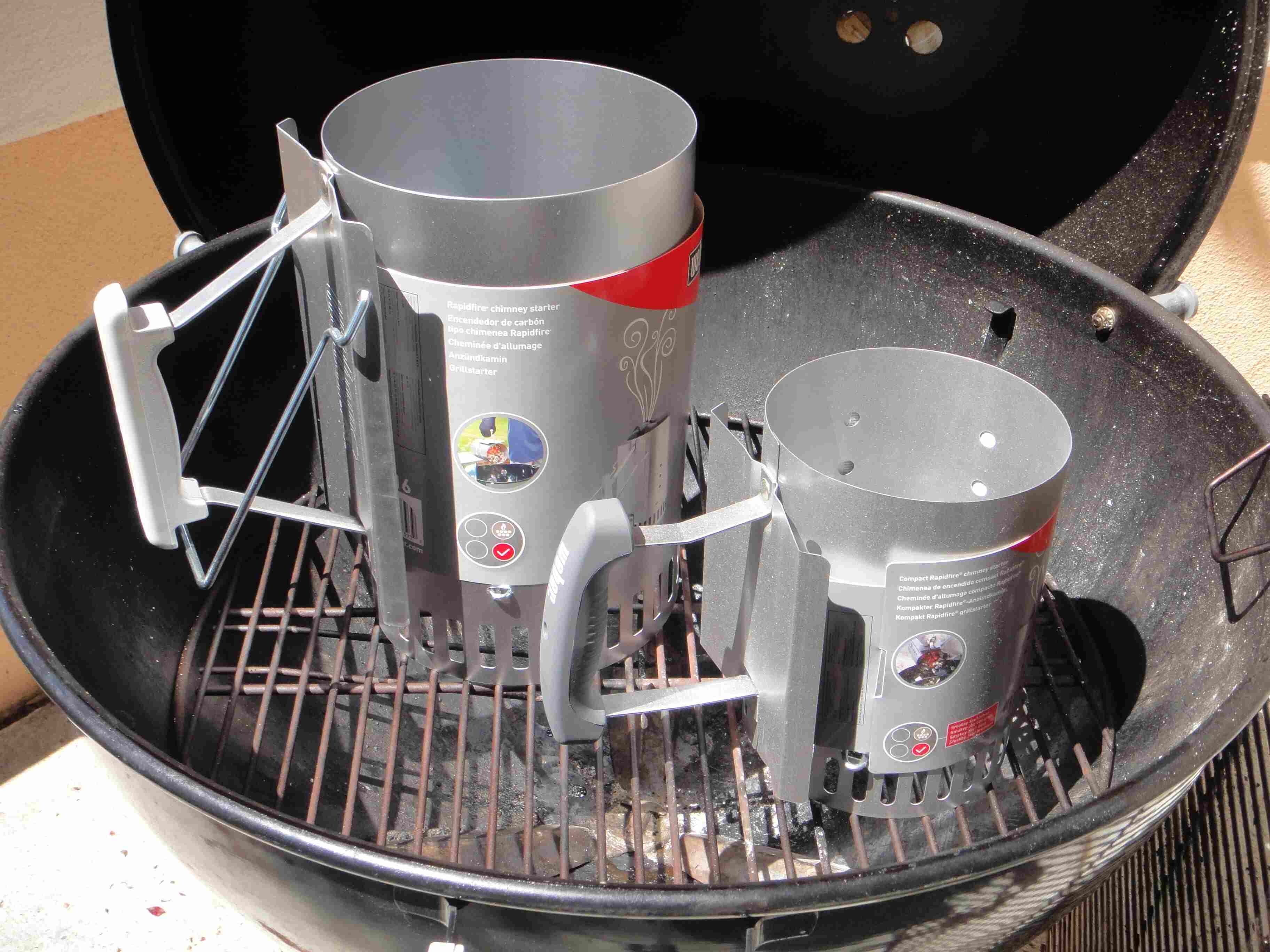
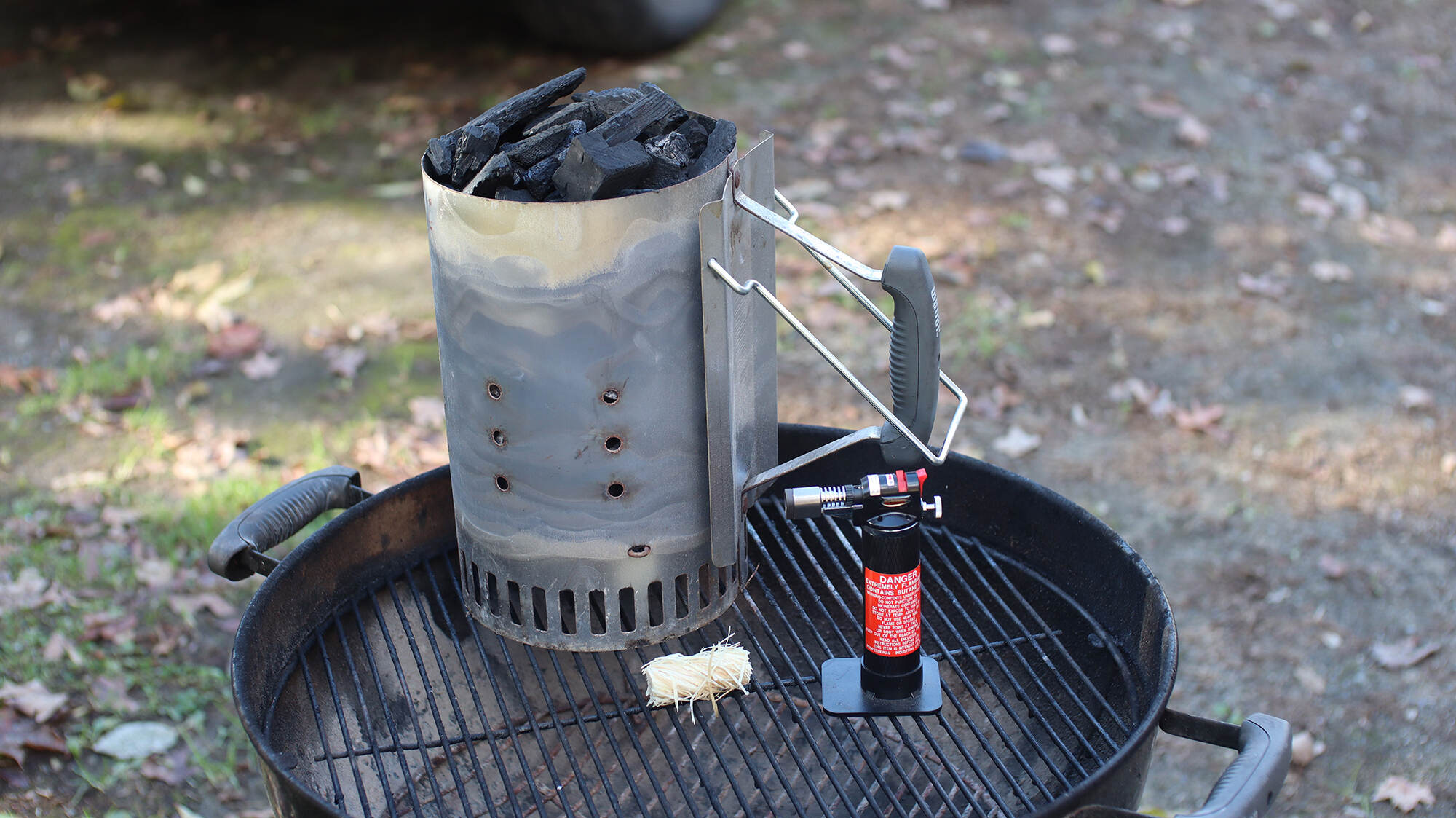
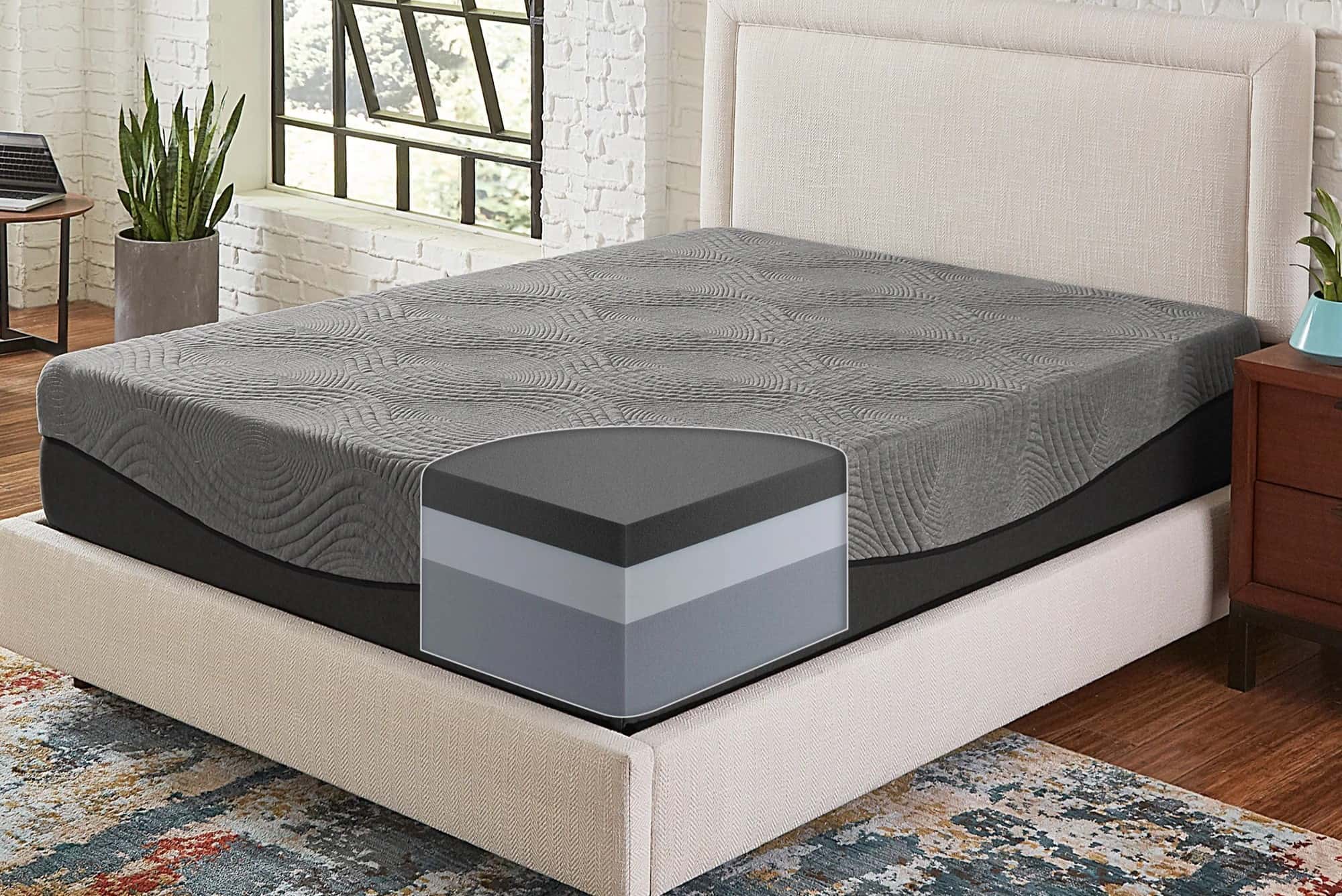
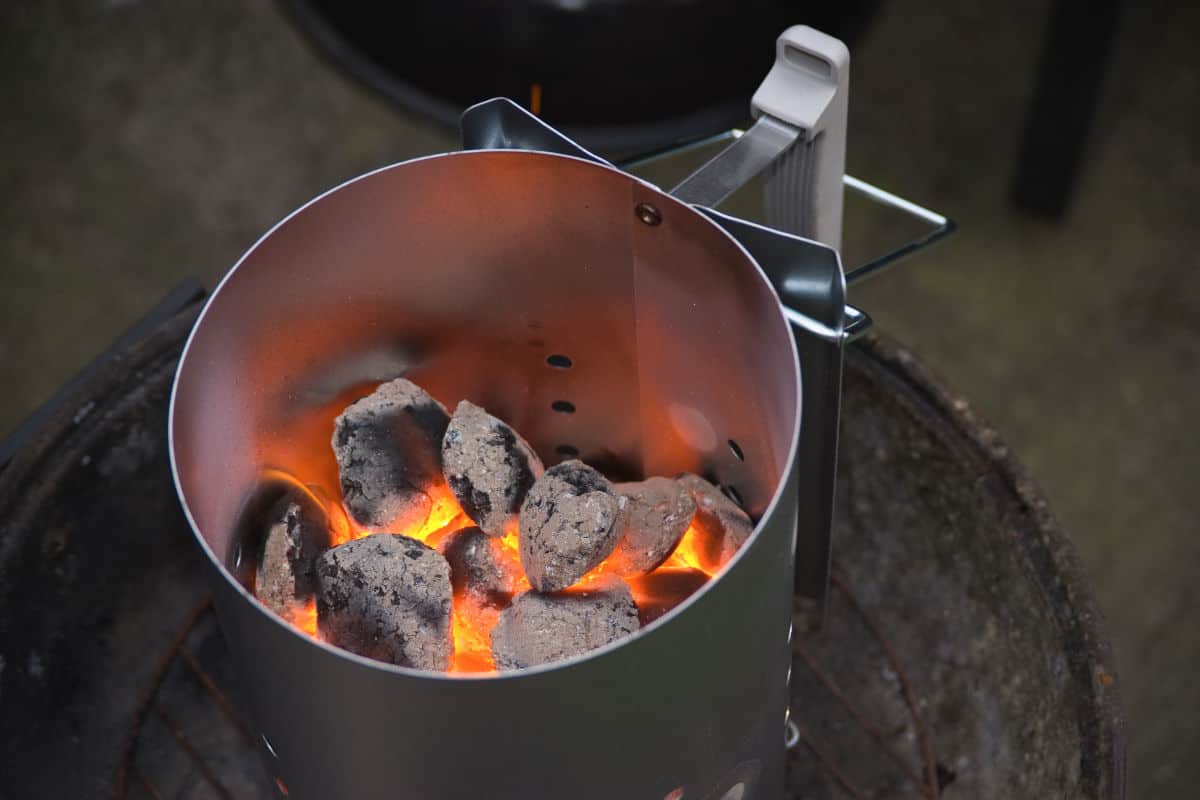
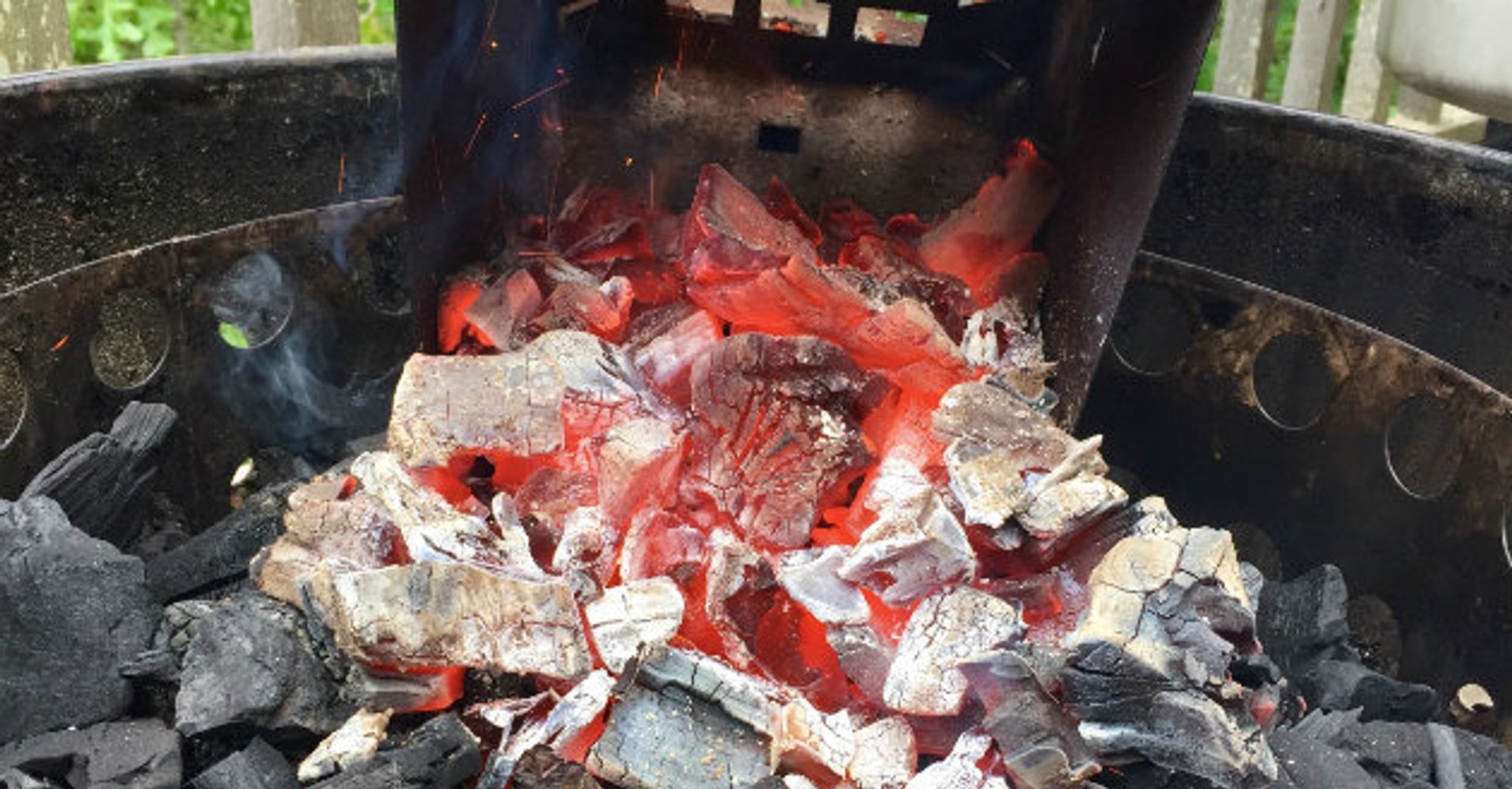
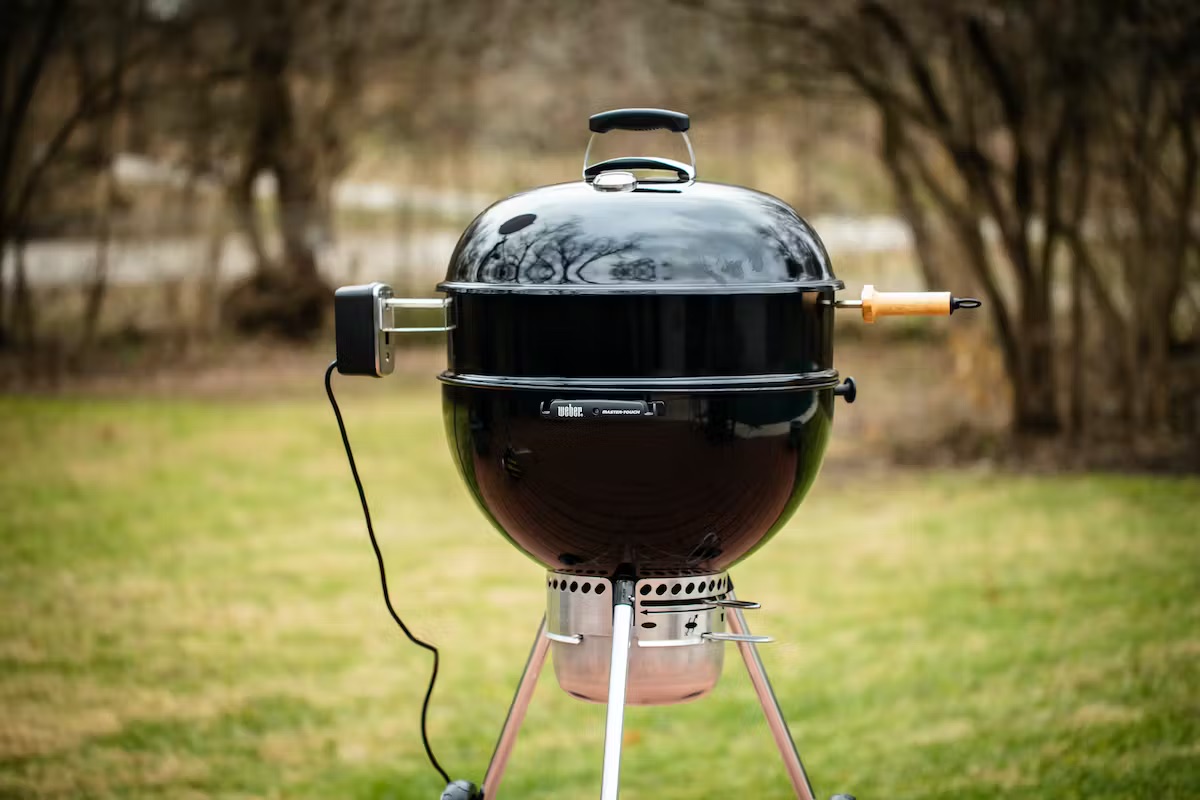
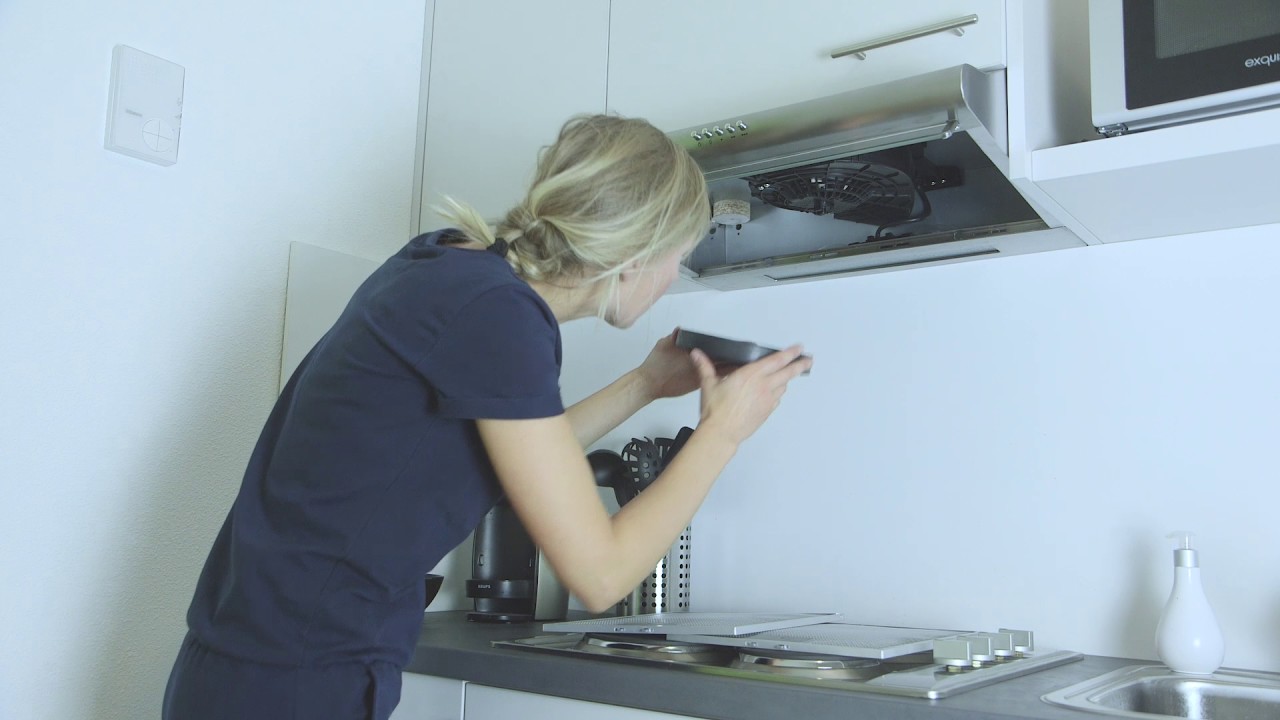
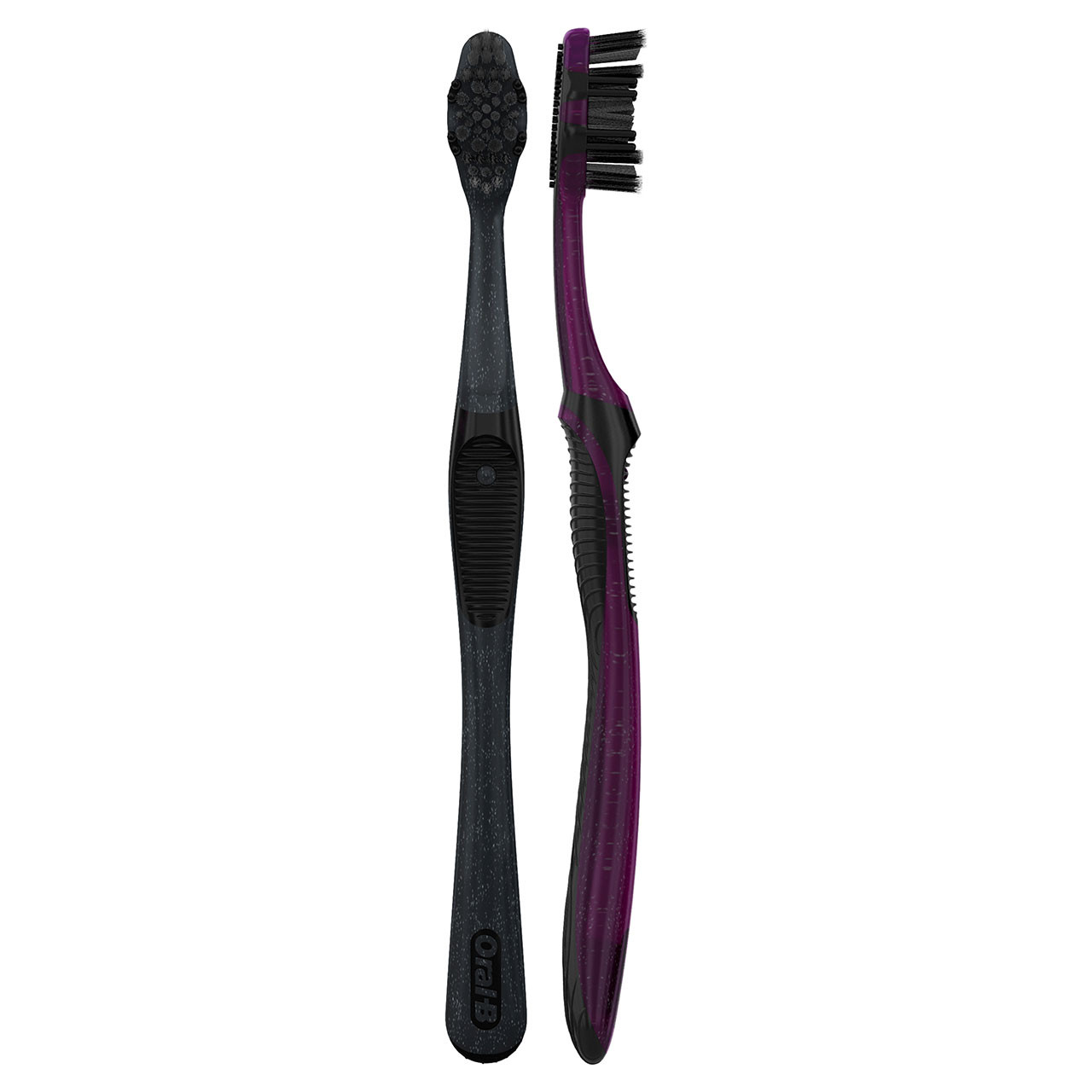

0 thoughts on “How To Store Charcoal”